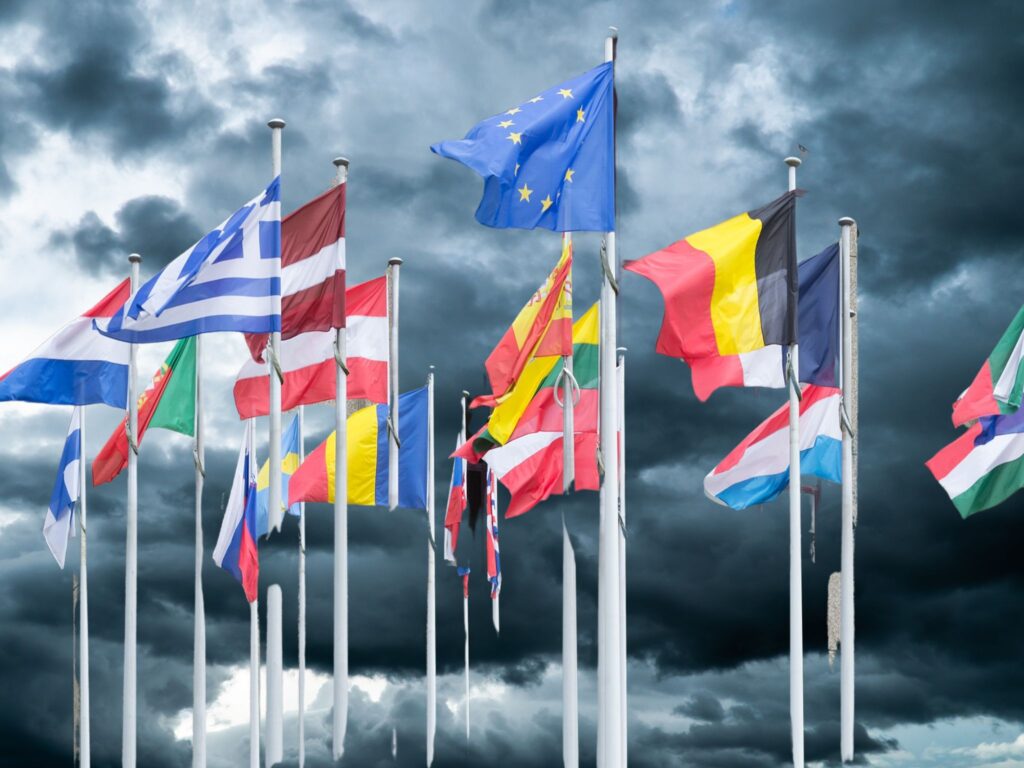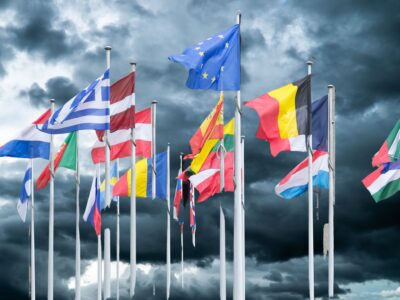Hey there, folks! It’s a big year for climate action on the legal front, and the buzz is all about how 2023 is shaping up to be a pivotal ‘Year of Climate’ in international courts. We’re looking at a series of high-stakes cases across various international tribunals, including the European Court of Human Rights (ECtHR), the Inter-American Court of Human Rights (IACtHR), the International Tribunal for the Law of the Sea (ITLOS), and the big kahuna, the International Court of Justice (ICJ). These courts are all set to weigh in on the pressing issue of climate change and the legal responsibilities of nations.
Climate Litigation: A Global Surge
Here’s the lowdown: we’ve got individual applicants and whole states alike knocking on the doors of justice, seeking clarity on what countries are legally bound to do when it comes to the climate crisis. They’re not just looking for a slap on the wrist, either. These cases could redefine the very rules of the game, setting new precedents for how political negotiations on climate action are handled.
The ECtHR’s Climate Docket: A Closer Look
Let’s zoom in on the European Court of Human Rights first. They’ve got three hot cases on their docket, each one brought by folks from Switzerland, France, and Portugal. These aren’t just any old lawsuits; they’re challenging the very essence of human rights in the context of climate change, invoking the right to life and the right to a private and family life under the European Convention on Human Rights.
Take Damien Carême, for example. This green-minded French MEP and former mayor isn’t just sitting around waiting for the tides to rise. He’s been pushing hard for France to step up its game on greenhouse gas emissions, arguing that his low-lying hometown of Grande-Synthe is at serious risk of flooding if nothing changes. Carême’s legal journey has taken him all the way to the ECtHR, with a hearing that was live for all to see in March 2023.

Then there’s the group of young Portuguese activists who’ve been through the wringer with forest fires and are sick of living in constant fear of what a warming world means for their future. They’re not just taking Portugal to court; they’re calling out 32 other European countries for not pulling their weight on climate commitments. Their day in court came in September 2023, and it was broadcast for the world to witness.
Inter-American Court’s Climate Query: A Deep Dive
Over in the Americas, Colombia and Chile are seeking wisdom from the IACtHR. They’ve got a whole list of questions about how states should be responding to climate change within the human rights framework. And they’re not just talking in abstract terms; they’re focusing on the real-world impacts on vulnerable populations and the rights of children, among other pressing issues.
Small Island States Seek Clarity from ITLOS
Meanwhile, a coalition of small island nations, who are literally on the frontline of climate change, have turned to ITLOS for some legal guidance. They want to know exactly what the law of the sea has to say about pollution from greenhouse gases. These states are fighting for their very survival, and they’re hoping the Tribunal will back them up with a strong stance on their rights under international law.
The ICJ’s Broad Climate Mandate
And then there’s the International Court of Justice, where the stakes are sky-high. They’ve been tasked by the UN General Assembly to clarify the obligations of states to protect the climate for both current and future generations. The questions they’re considering are broad and could have massive implications for international law and the environment.
Key Issues to Watch
- Extraterritorial obligations: How far do a country’s responsibilities extend beyond its own borders when it comes to climate impact?
- Children’s rights: With the future of young people on the line, will the courts recognize their specific rights in the face of climate change?
- Common but differentiated responsibilities: This principle acknowledges that not all countries are equally to blame for climate change, so how will the courts interpret this in their rulings?
Convergence or Divergence: Courts on a Collision Course?
One big question is whether these courts will end up on the same page or if we’ll see a patchwork of opinions. For instance, will they all recognize the Paris Agreement’s goal of capping global warming at 1.5 degrees Celsius as a legal benchmark, or will they treat it as a mere aspirational target?
There’s also the matter of timing. The ICJ tends to take its sweet time and often defers to other specialized courts on niche issues. But when it comes to the overarching relationship between the Paris Agreement and international law, the ICJ might just step up and take the lead.
The Bottom Line
At the end of the day, whatever these courts decide, it won’t mean a thing unless we, the people, hold our governments to account. It’s on us to demand action and ensure that our leaders live up to whatever new standards are set.
So, stay tuned, folks. As these international courts gear up to deliver their verdicts, they’re not just deciding the fate of a few legal arguments; they’re shaping the future of our planet.
And that’s the scoop on the ‘Year of Climate’ in international courts, originally brought to you by the sharp mind of Rebecca Hamilton over at Just Security. Rebecca is not only an executive editor there but also a law professor at American University, Washington College of Law, and she’s got her finger on the pulse of climate policy as a 2024 U.S. Fulbright Scholar. Keep an eye on this space for updates as these landmark decisions roll out!
Did you miss our previous article…
https://pardonresearch.com/?p=1621
